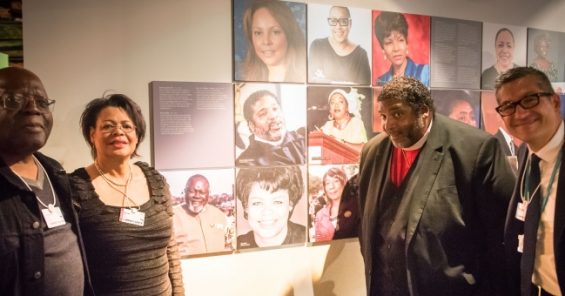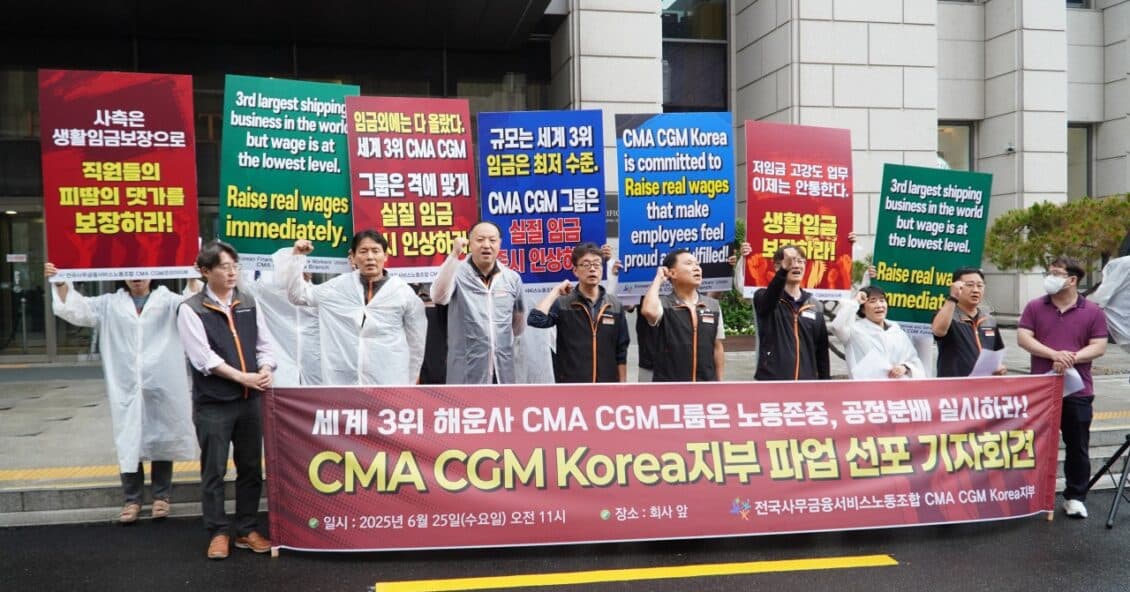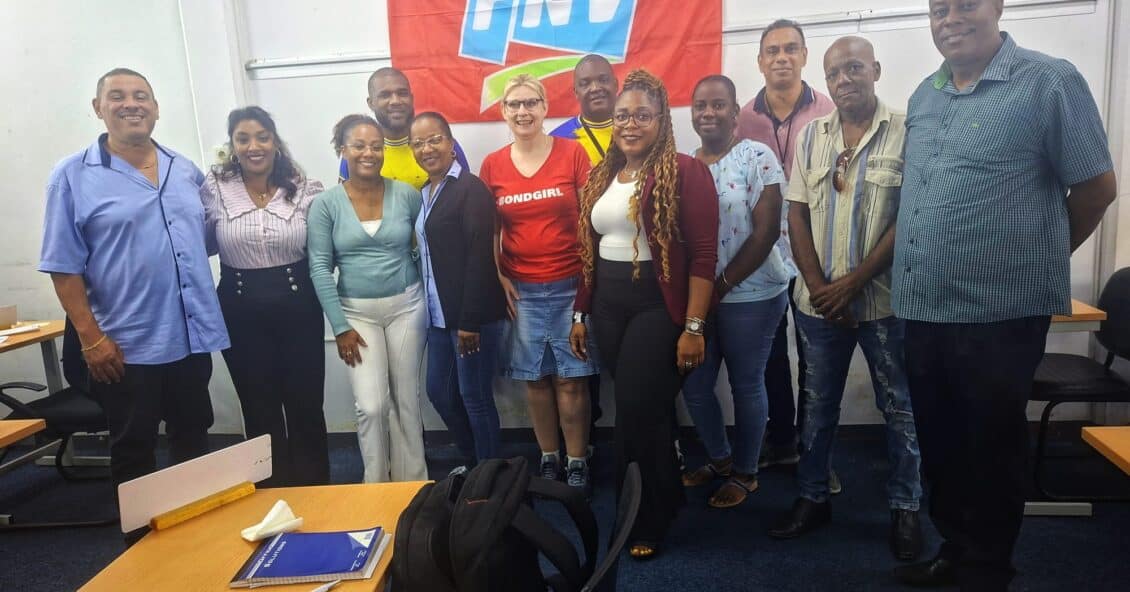After a barnstorming address to almost 2000 trade union delegates at the UNI World Congress in Liverpool, Dr Reverend Barber was honoured with a place on the International Slavery Museum’s Black Achievers Wall.
Barber was joined by two British trade unionists, Bernie Grant MP and Gloria Mills, on the Black Achievers Wall in a testament to their courage and struggle for racial and economic justice.
The Black Achievers Wall is in the ‘Legacy’ gallery of the International Slavery Museum and is a popular exhibit which celebrates the many different forms of achievement by people of African descent.
“It’s a great honour for us to induct Bernie Grant MP, Gloria Mills CBE and the Reverend Barber, on our Black Achievers Wall,” said Dr. Richard Benjamin, Head of the International Slavery Museum. “The Black Achieverswall honours those those who have reached their goals, achieved in their field and broken barriers. They put their heads above the parapet, taken risks and led the way. They inspire.”
Reverend Doctor William J. Barber II is one of the most prominent voices for economic, environmental, and racial justice in the United States. He is the president and senior lecturer of Repairers of the Breach.
An author, preacher, and professor, Rev. Barber is the chief architect of the “Forward Together Moral Movement,” and he spearheaded the Moral Mondays protests, which brought together a racially and religiously diverse coalition in Barber’s home state of North Carolina to successfully unseat a conservative governor and break the right wing’s stranglehold on the state’s legislature.
Bernie Grant, originally from Guyana, a trade unionist who became the MP for Tottenham in 1987 was an outspoken advocate for his community. He was a passionate and staunch critic of the legacy of colonization and slavery and a tireless campaigner for racial justice. He spoke at the Museum’s very first Slavery Remembrance Day event, back in 1999.
Gloria Mills is one of the preeminent British trade unionists of her time, campaigning against all forms of discrimination. She was the first Black woman to serve as the President of the TUC. Her pioneering work on equality and employment rights has helped change the agenda, structure and culture of trade unions in the UK and beyond.
The International Slavery Museum highlights the international importance of enslavement and slavery, both in a historic and modern context. Working in partnership with other organisations with a focus on freedom and enslavement, the Museum provides opportunities for greater awareness and understanding of the legacies of enslavement today.


